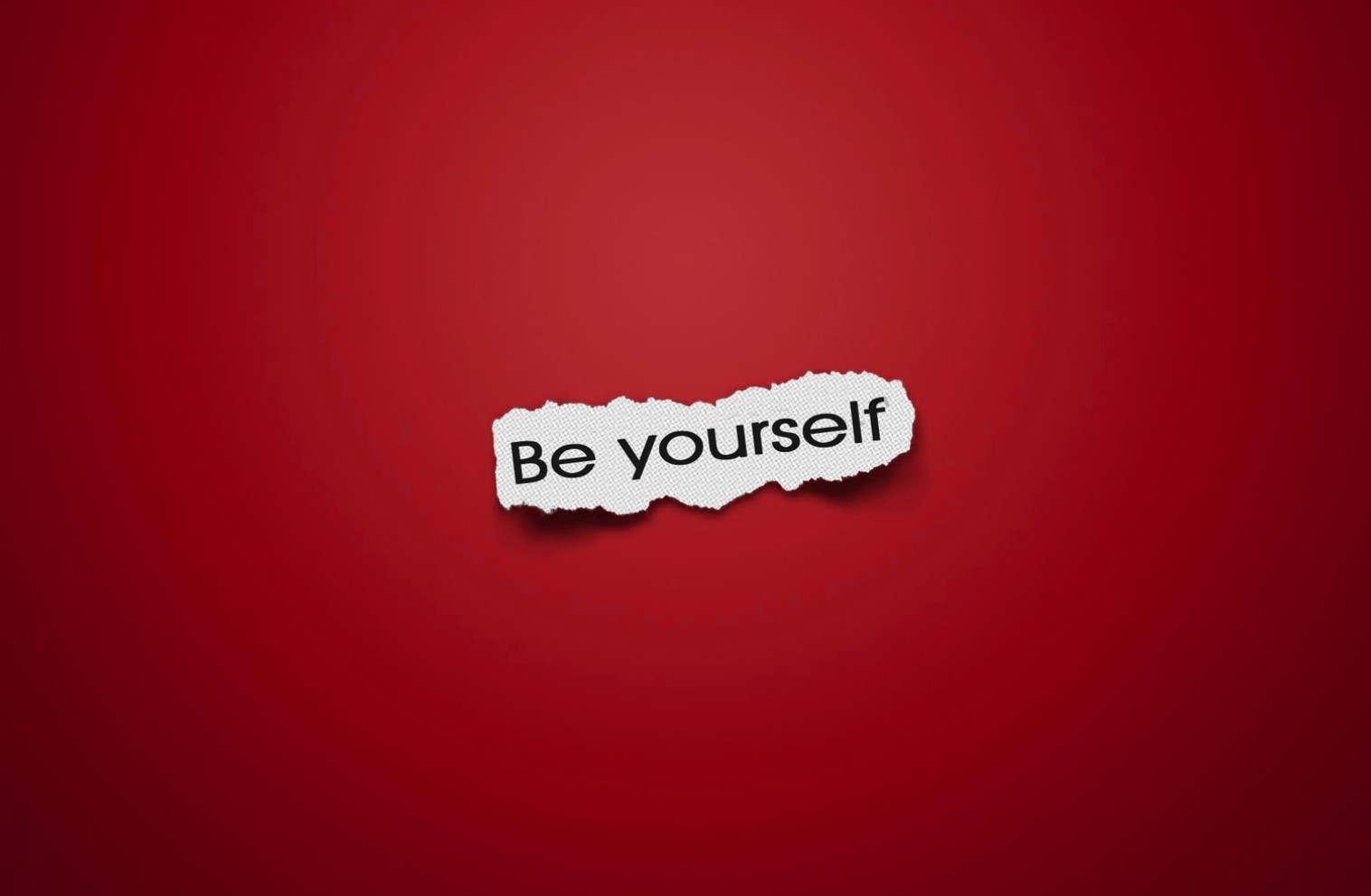Scott Pelley of CBS News interviewed Hillary Clinton Thursday and she made an absolute mess out of a question she should have seen coming straight down Broadway.
Pelley related that Jimmy Carter said back in ’76 that he would never lie to the American people – and Pelley asked Clinton if she could say the same.
Pelley: “Jimmy Carter said: ‘I will never lie to you.’”
Clinton: “Well, but you know you’re asking me to say ‘Have I ever?’ I don’t believe I ever have. I don’t believe I ever have. I don’t believe I ever will. I’m going to do the best I can to level with the American people.”
“I don’t believe I ever have?” “I don’t believe I ever will?” My goodness, what a terrible answer. Why couldn’t she just say, “I have always leveled with the American people and I always will. Period.” Perhaps she twisted herself into knots with that response out of concern that someone will dig up a smoking-gun answer from interview in the past that proves that she lied. But even if she has lied in the past and doesn’t want to lie again about having lied before, she still could have done a lot better than that mealy-mouthed comeback. Heck, even if she knew she had lied before, she didn’t have to go there – she could have just said, “I will always level with the American people.” Instead, she handed her opponents a gift that we’ll be seeing in attack ads very soon.
From a media training perspective, the lesson here is that preparation is essential. No, you can’t anticipate every conceivable question under the sun – but she and her team most definitely should have known that one might be coming, and they should have been ready for it. There are no “difficult questions” in a media interview. There is only lack of preparation.






